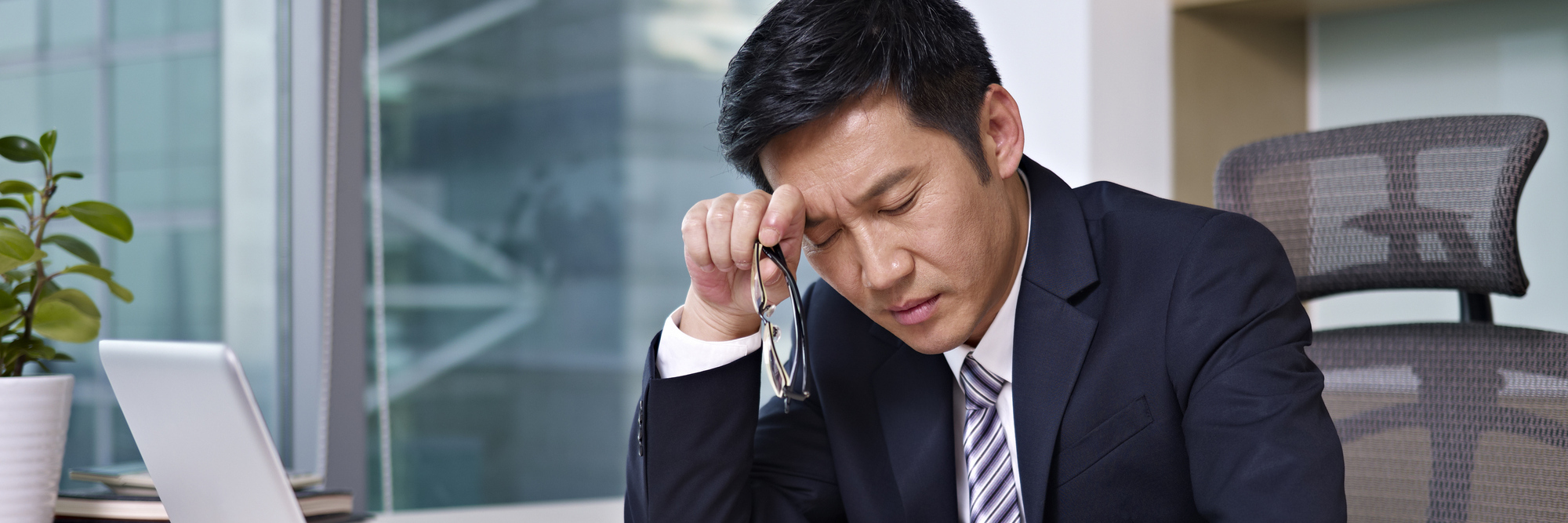The Invisible Challenges of Having a Disability in the Workplace
I am a limb girdle muscular dystrophy patient who works as a researcher at Massachusetts General Hospital, Broad Institute of MIT and Harvard and Harvard Medical School. My passion is to find genetic diagnoses for other muscular dystrophy patients by using cutting edge technologies and methods.
When I recently accepted a position to lead my own research group as an Assistant Professor at Yale School of Medicine, on top of the typical fears of whether I would be successful, I also feared the additional challenges I may face due to my disability. I have always worked with a great bunch of teammates and employers who were more than accommodating to my obvious needs, but in this piece I would like to share the subtle things I notice are often difficult for people to empathize with or keep in mind.
Physical and Mental Fatigue
I get tired during the day very easily. This means I tend to fall asleep during late afternoon presentations, particularly the very boring ones! If I’m not doing something fully engaging after lunch, I tend to fall asleep. I usually take an afternoon nap/rest when I work from home so I can recover from the fatigue. At the moment it hasn’t disadvantaged me not being able to work the long hours that my colleagues are able to do; I have just learned to be more productive and efficient with my time.
Crowded Places
There’s a great piece in Bill Moss’ book “Still Walking,” where he talks about the massive anxiety he feels when entering a crowded meeting room. I feel the same anxiety when entering crowded places. I’m constantly scanning for feet, chairs, tables, furniture, etc. that I may trip over and the best possible path to an accessible seat. Once seated, I feel trapped because it’s difficult to get up and I don’t want to face the same challenges when leaving the room. What this means is that I’m a master of bladder control. Though on a serious note, it makes my days less efficient if I need to arrive five to 10 minutes before a presentation or meeting.
Networking
All professions require some degree of networking that’s absolutely critical for career progression. I’ve always found it difficult to build rapport, as I usually have vastly different interest to my peers due to my disability and have found myself stuck in my seat trapped in the corner as the conversation travels elsewhere in the gathering.
In research, I joke we are 50 percent researchers and 100 percent sales people. This means selling your research and your ideas at each opportune moment to anyone that’s willing to listen. A lot of junior researchers do this by lots and lots of travel to conferences and research institutes. I find travel very exhausting on my body and take a few days to recover from the fatigue. Social media has given disabled researchers an equal voice to promote their ideas, but is not the same as real life human interactions that are critical for building rapport.
Accessible Facilities
Being “youngish” and trying my hardest to look as normal as possible, I often get abused by others for taking a disability parking spot. In the community, there seems to be stereotype of exactly how a person using these spaces should look — and if you don’t fit that image, prepare to be abused. After I take a few steps my disability is obvious, but the indignant person who ruined my day has already left.
A lot of workplaces have accessible toilets, but have never had a disabled employee. Most workers have been so accustomed to the spacious comfort and privacy of an accessible cubicle that they are unwilling to make it their last choice when regular cubicles are available. In one workplace, my boss put a sign to remind people that accessible toilets are reserved for disabled people. It got ripped off so many times that he gave up.
Work Social Events
Similar to the extreme introvert, I dread work social events. It’s further compounded if you are a disabled introvert! This means either three things: 1) going to a noisy crowded bar and being trapped in the corner for the whole night. 2) Sitting down and watching my colleagues have fun doing some physical activity that I can’t do. 3) Doing something I can do but feeling guilty that my colleagues would rather do something else. Yeah, I’m a complicated and grumpy man who can’t be happy in any scenario!
To summarize, I hope this raises awareness and empathy in others in the workplace so they know the additional “invisible challenges” that can cause frustration, anxiety and disadvantages for physically disabled workers who are expected to compete on the same level as their peers.
I may be disabled, but my dreams and ambition are not!
We want to hear your story. Become a Mighty contributor here.
Thinkstock image by IMTM Photo.

